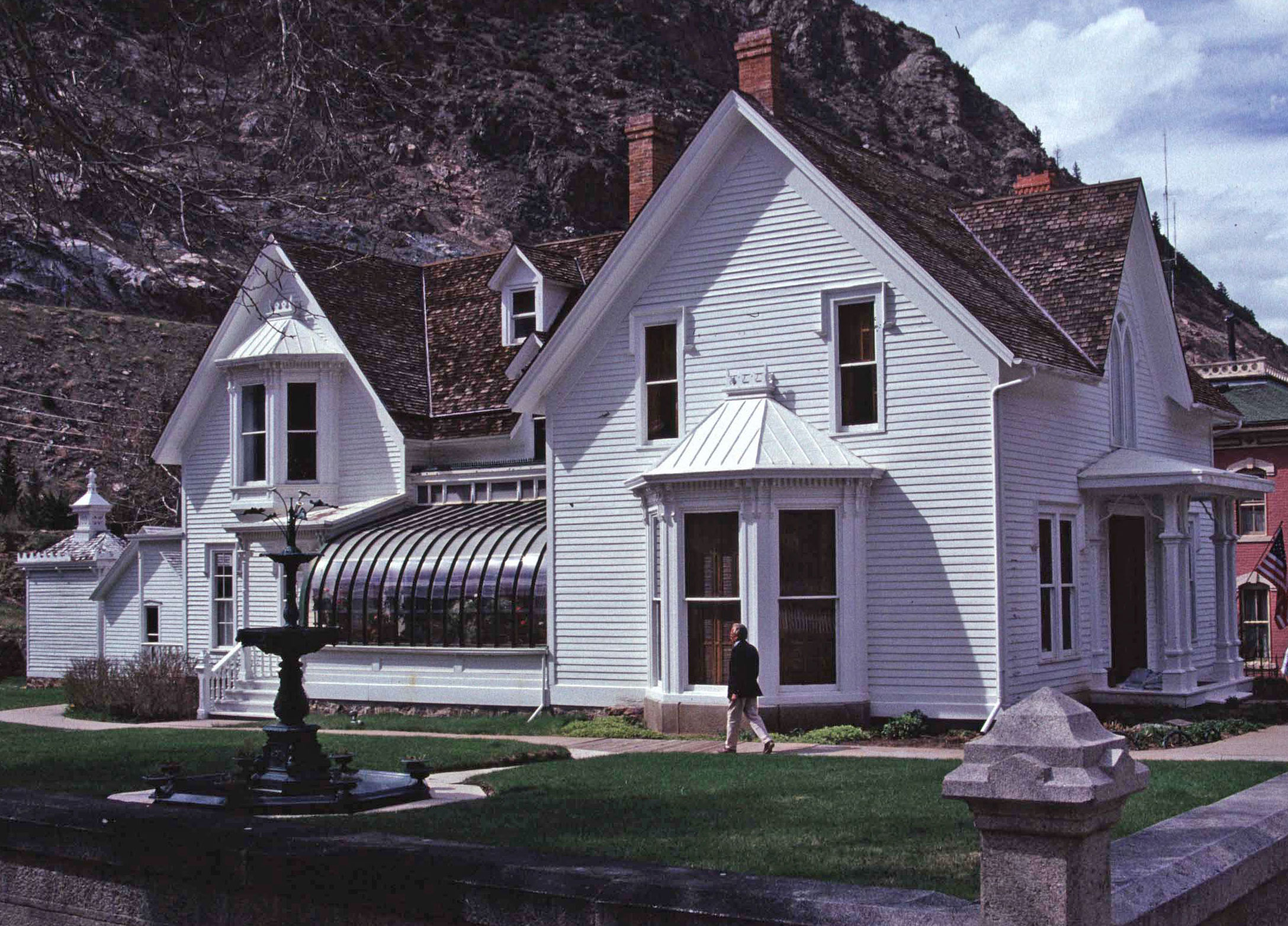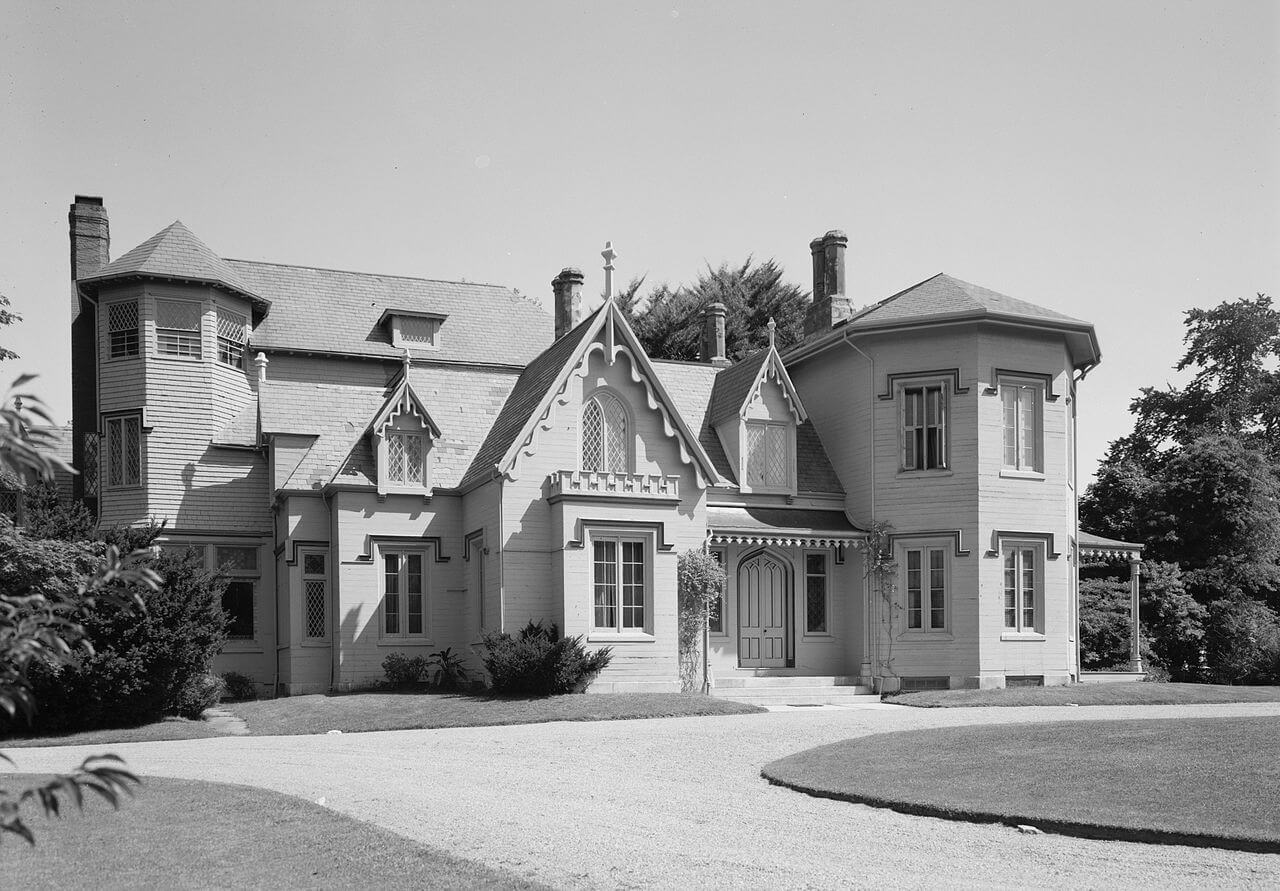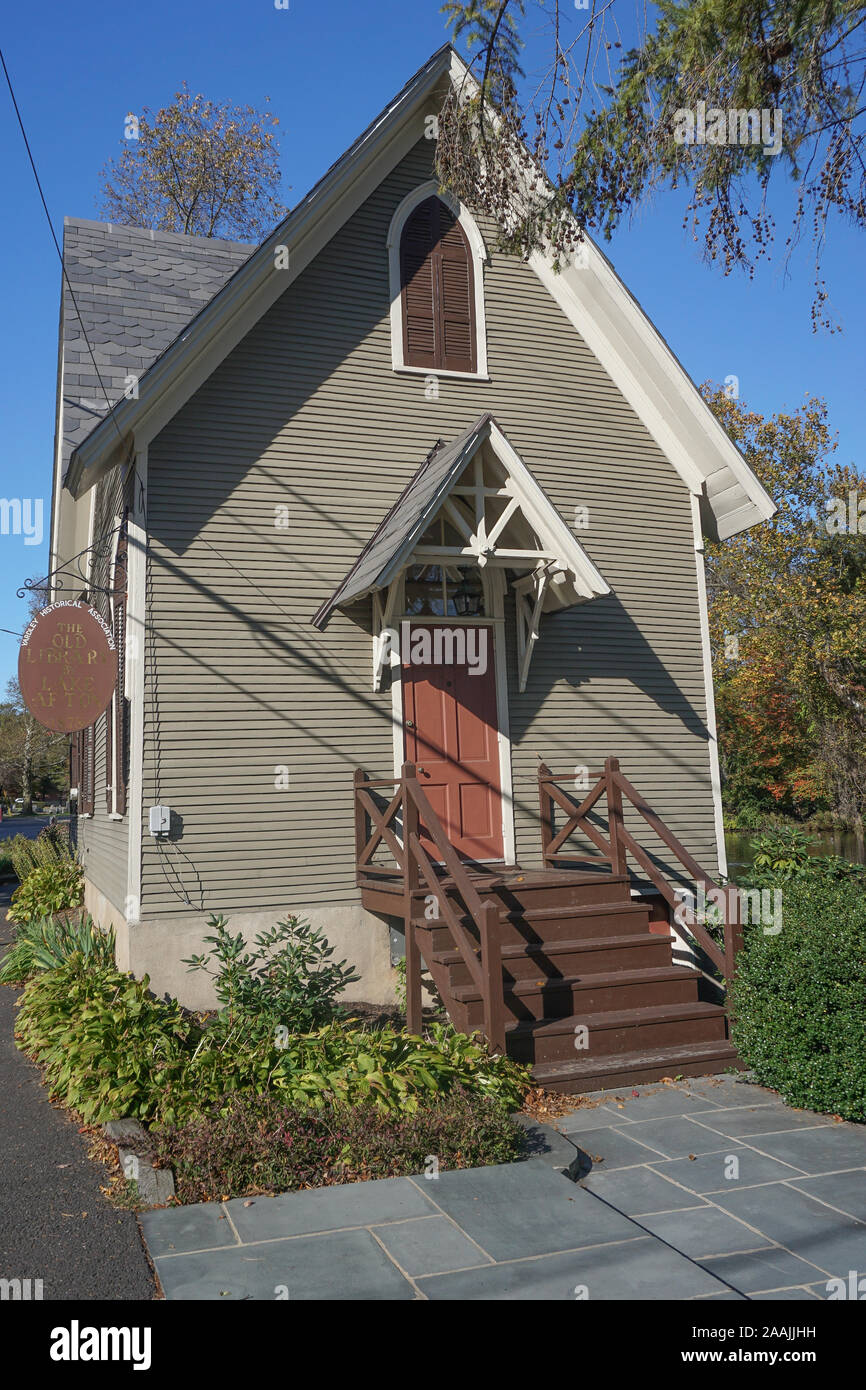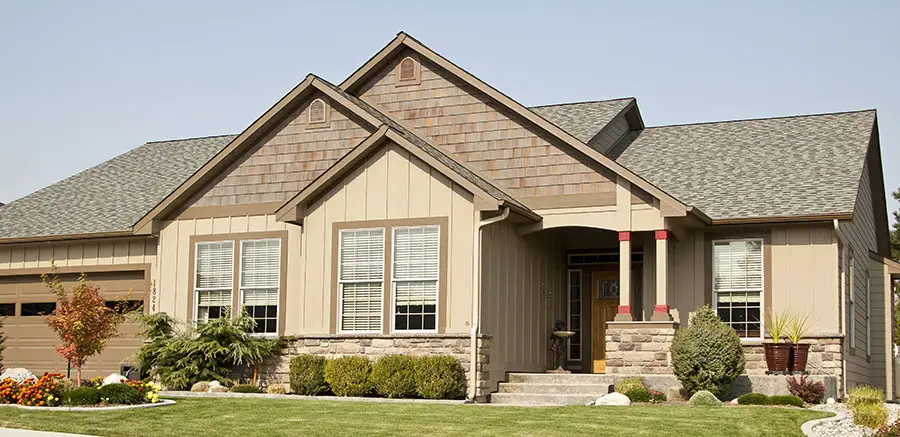Gothic Architecture Roof Steepness

During the gothic era builders discovered that pointed arches would give structures amazing strength and stability.
Gothic architecture roof steepness. Gothic architecture or pointed architecture is an architectural style that flourished in europe during the high and late middle ages. It may be flat or a pitched one. The pitch matters for a variety of reasons including the type of roofing material used walkability proportions to the building as a whole which is sometimes a critical factor in some architectural styles such as a steep pitch in gothic architecture and a low pitch in classical architecture and combinations of pitches form distinctive roof shapes such as a gambrel roof. Its popularity lasted into the 16th century before which the style was.
Commonly it is 3 4 th of span as per gothic rafter must be equal to span. The vault is a parallel series of arches used to form a roof the most common form being a cylindrical or barrel vault vaults came into their greatest prominence in gothic architecture the dome is a hemispherical structure that can serve as a roof. Recorded for the first time in christian architecture during the gothic era the pointed arch was used to direct the weight of the vaulted roof downward along its ribs. A gothic arched roof barn or gothic arch barn or gothic barn or rainbow arch is a barn whose profile is in the ogival shape of a gothic arch these became economically feasible when arch members could be formed by a lamination process.
The word gothic was first used in the italian renaissance as a negative term for all art and architecture of the middle ages suggesting that it was of the quality of the work of the barbarian goths. The distinctive roofline features a center peak as in a gable roof but with symmetrical curved rafters instead of straight ones. Usually average roof pitch is determined using the same roof length method. It is a numerical measure of the steepness of a roof.
The gambrel roof. Gothic architecture architectural style in europe that lasted from the mid 12th century to the 16th century particularly a style of masonry building characterized by cavernous spaces with the expanse of walls broken up by overlaid tracery. The pitch is steep as in the gothic architecture whereas in some architectural styles the pitch is low as in the classical architecture. It evolved from romanesque architecture and was succeeded by renaissance architecture it originated in 12th century northern france and england as a development of norman architecture.
Gothic architecture by the beginning of the 12th century the romanesque form was gradually giving way to the gothic style. Domes have surmounted some of the most grandiose buildings of ancient roman islamic and post medieval western architecture. Learn more about gothic architecture its characteristics and its history. In a building process roof pitch is of much importance.















































